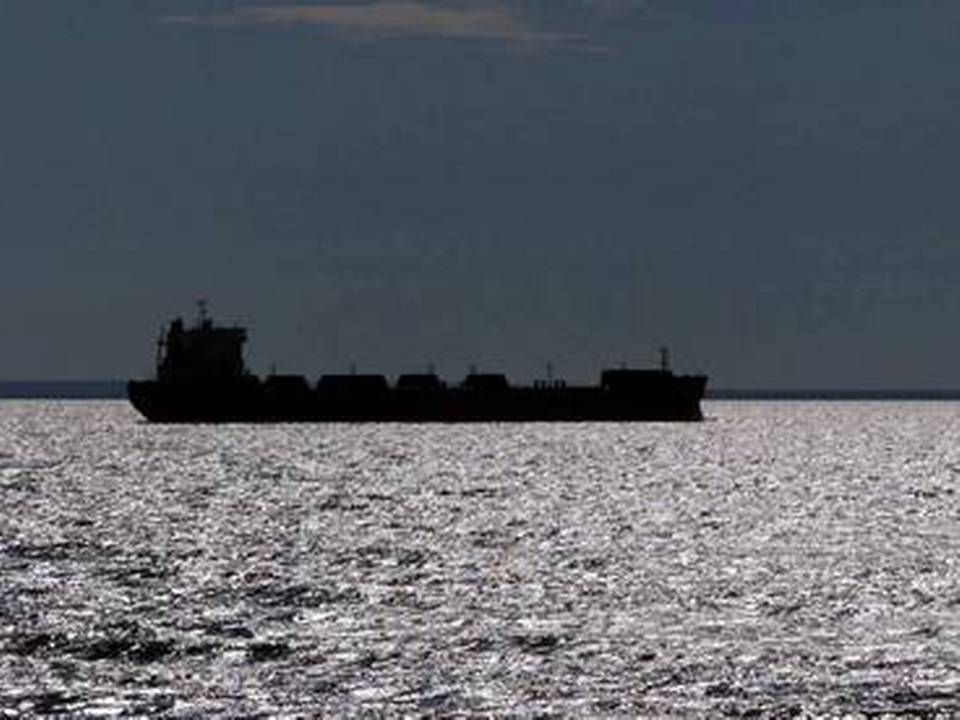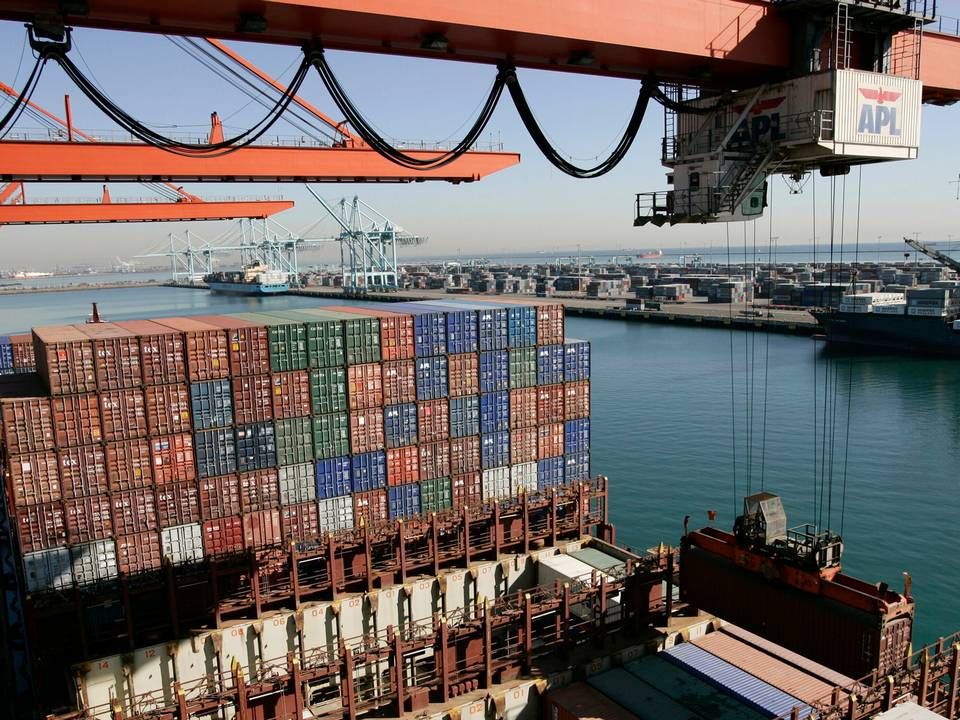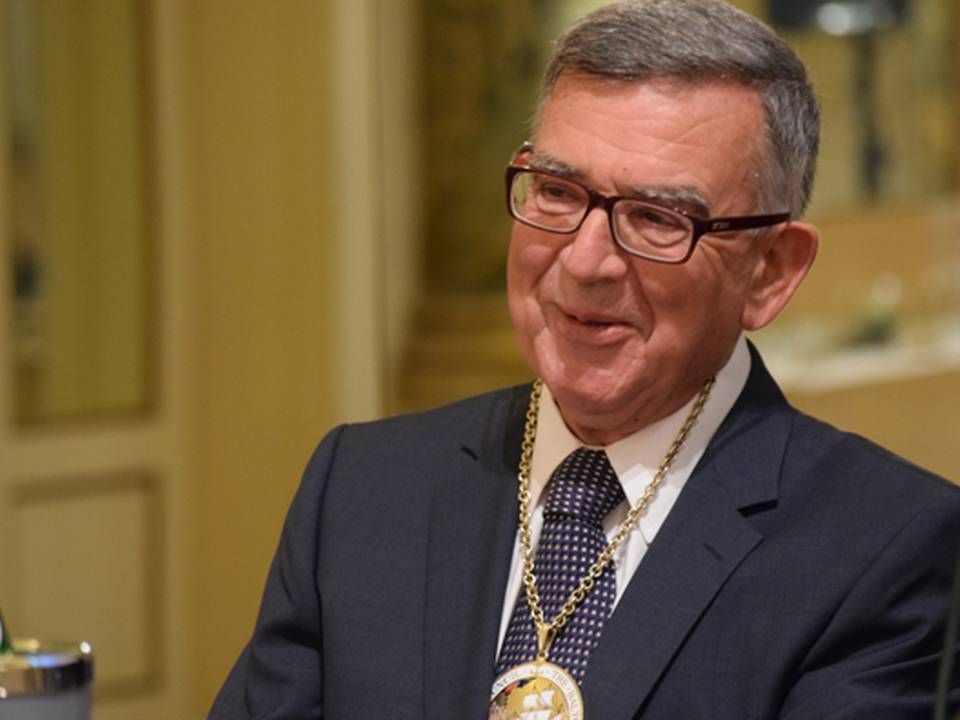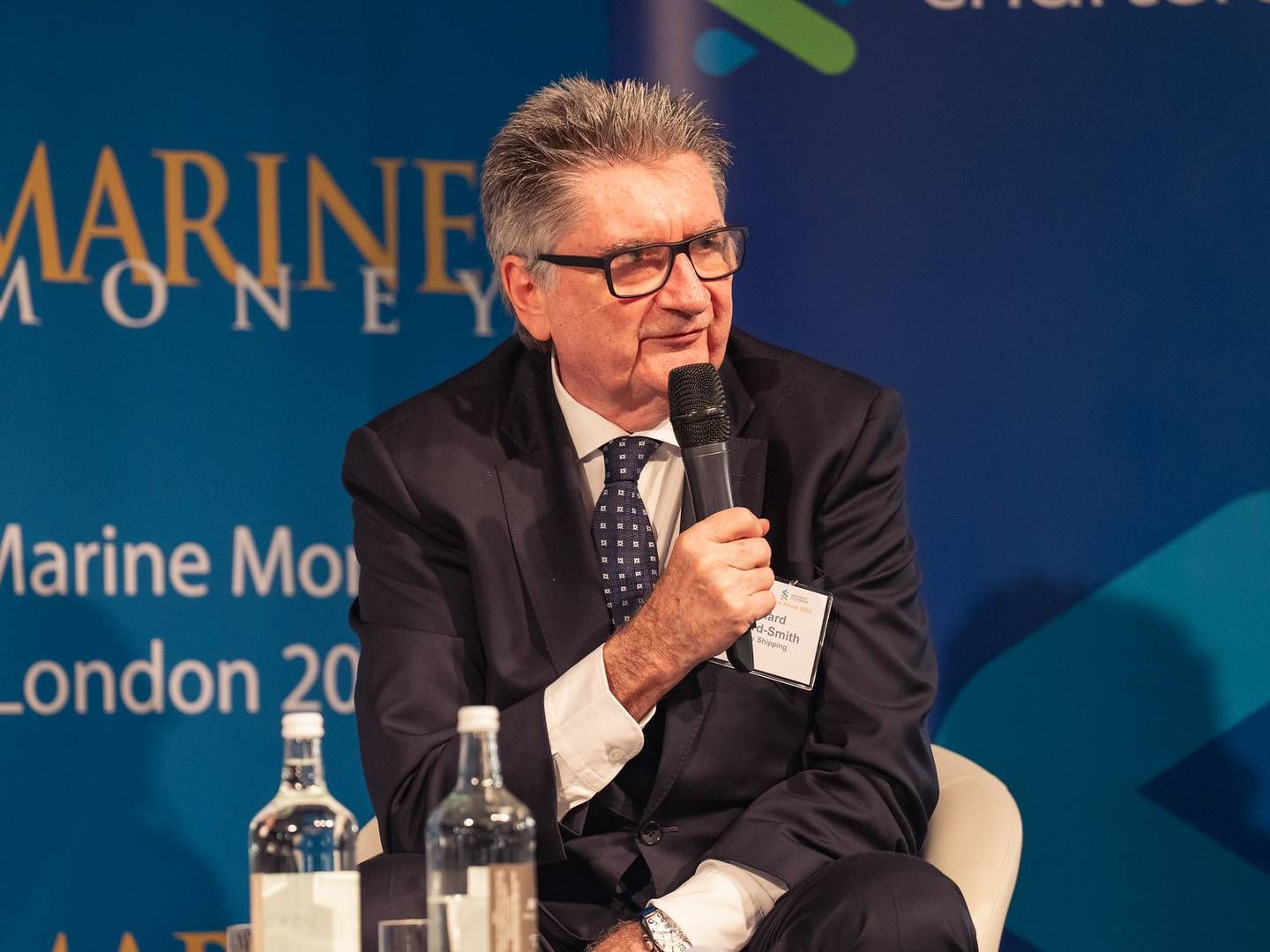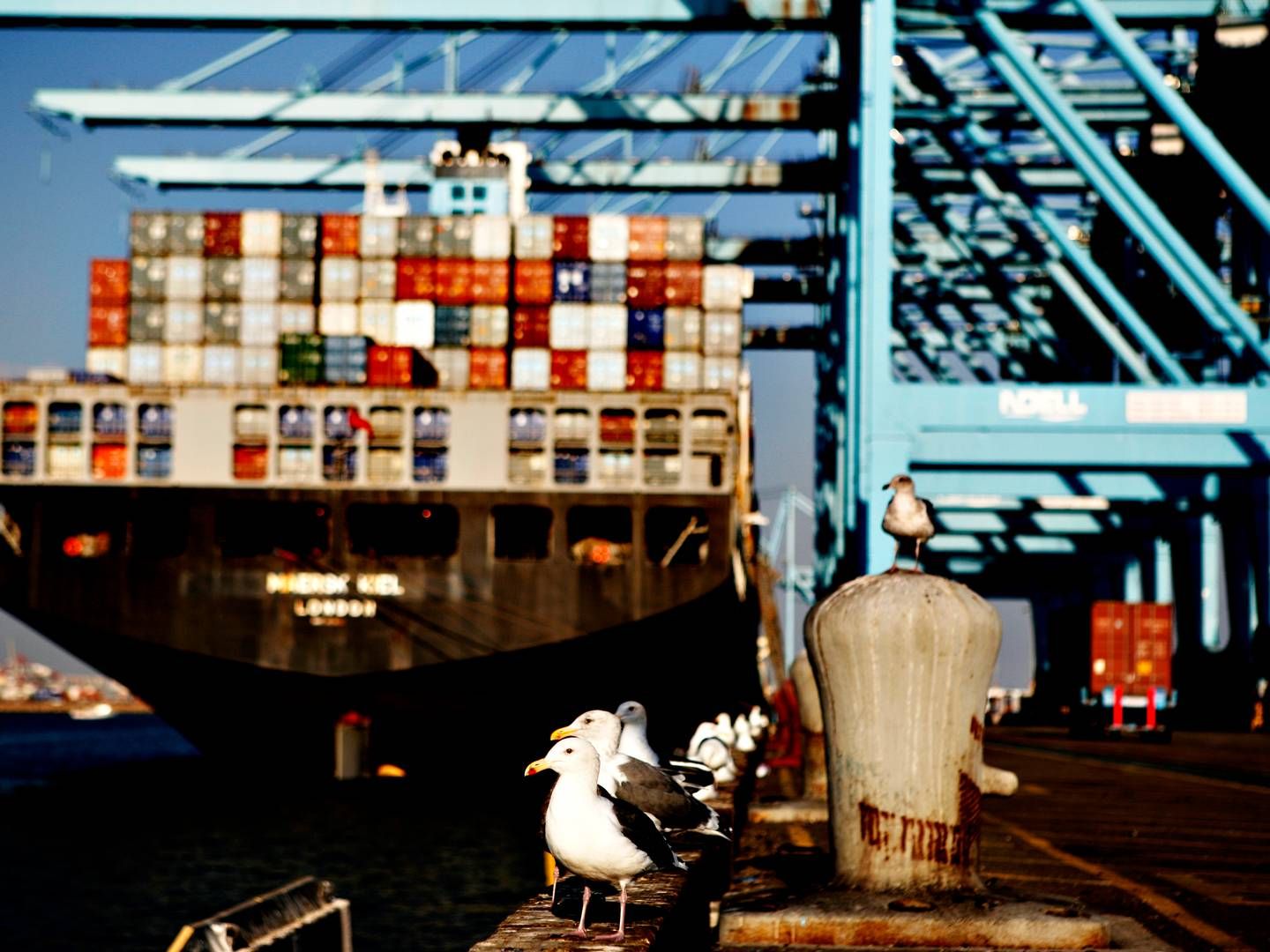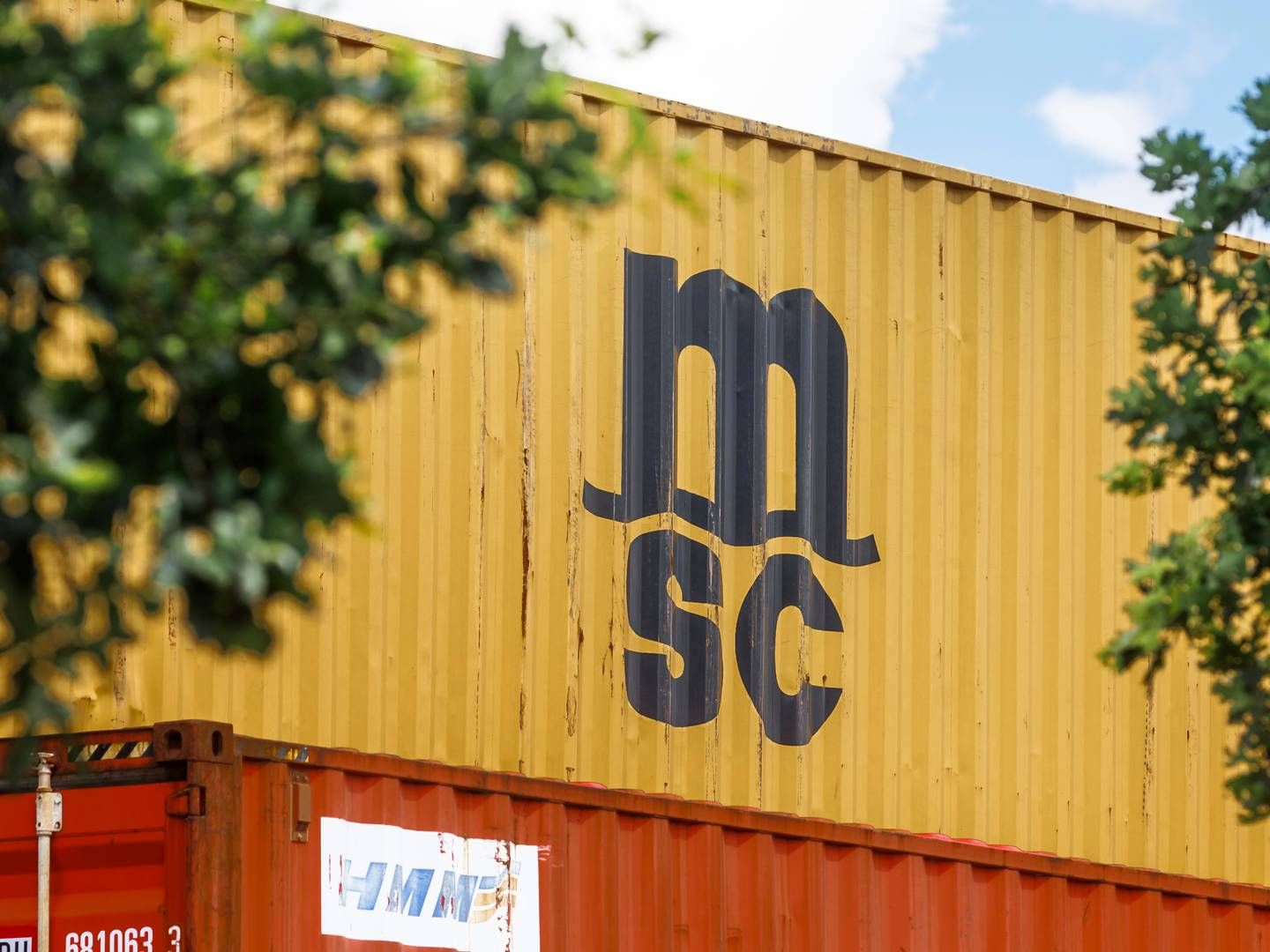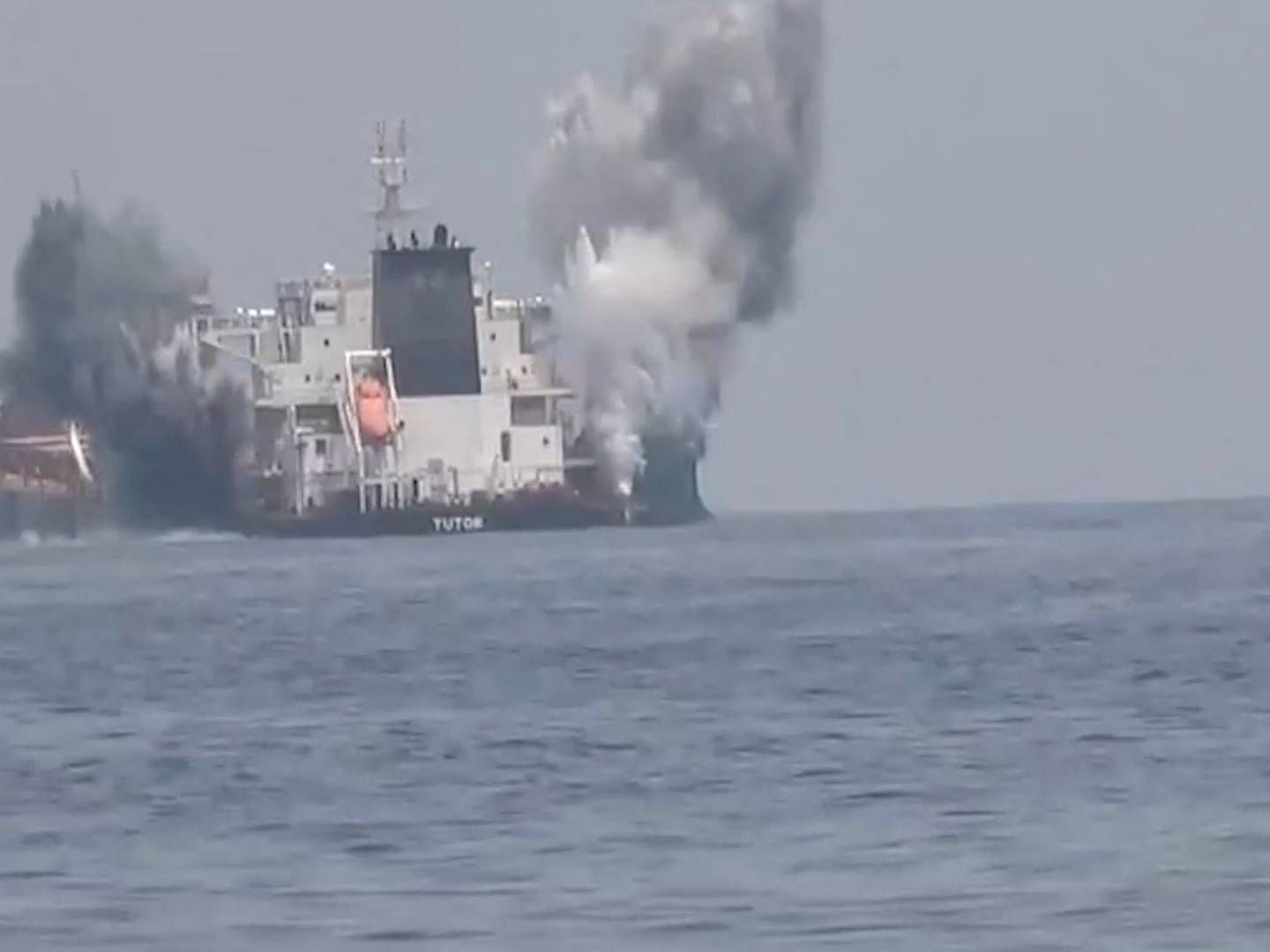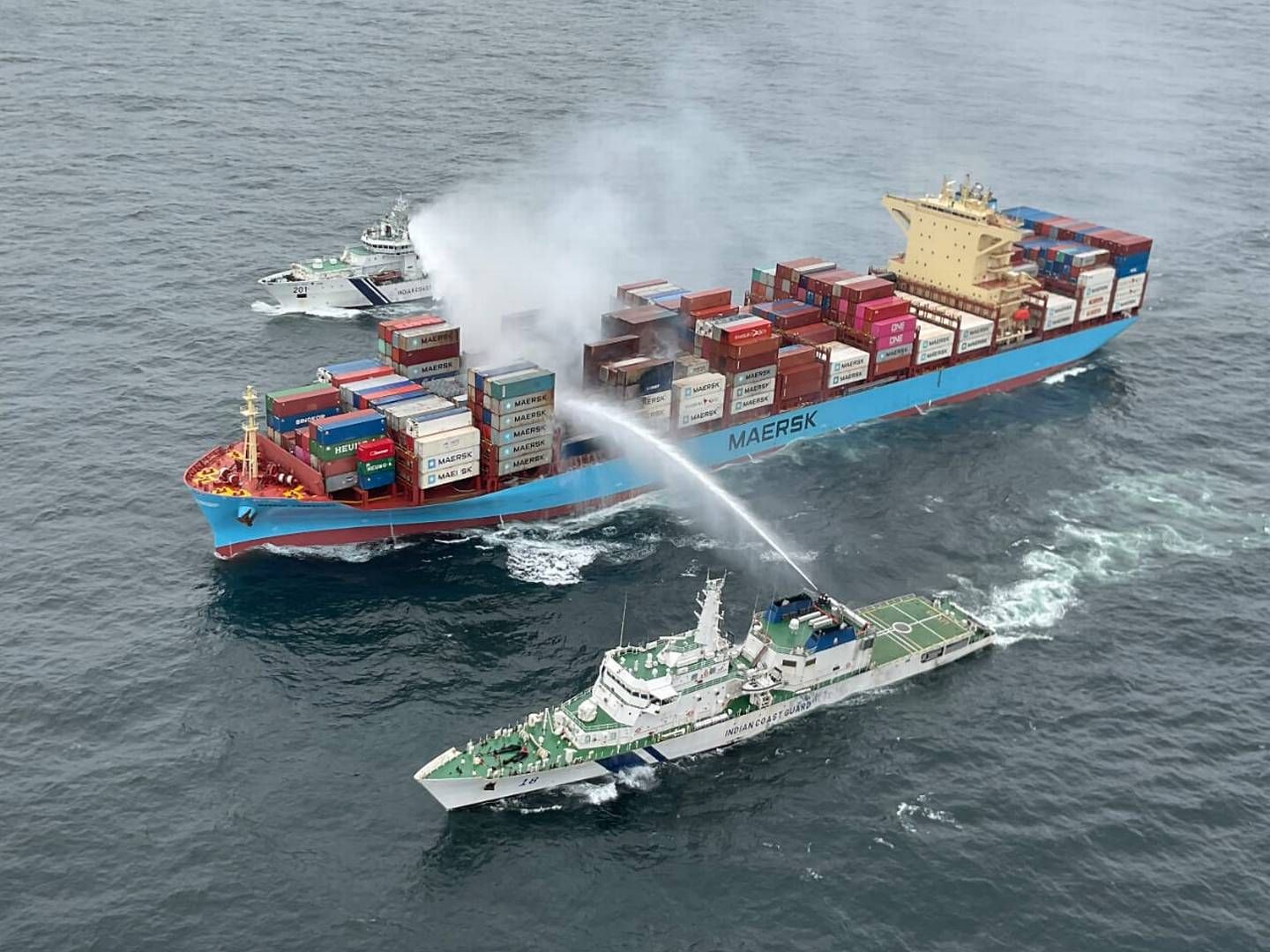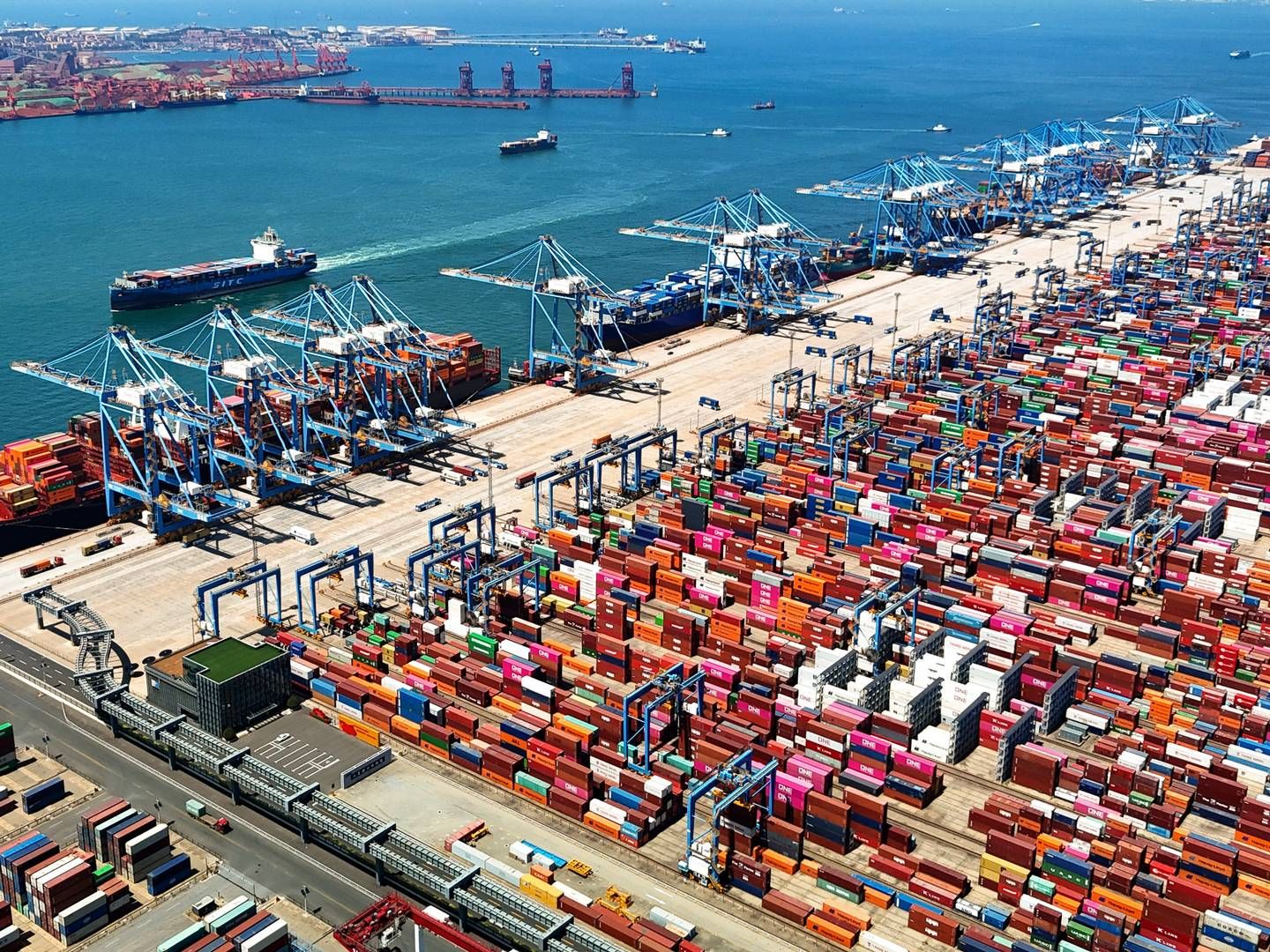IMO's hesitance in ballast water takes toll on suppliers
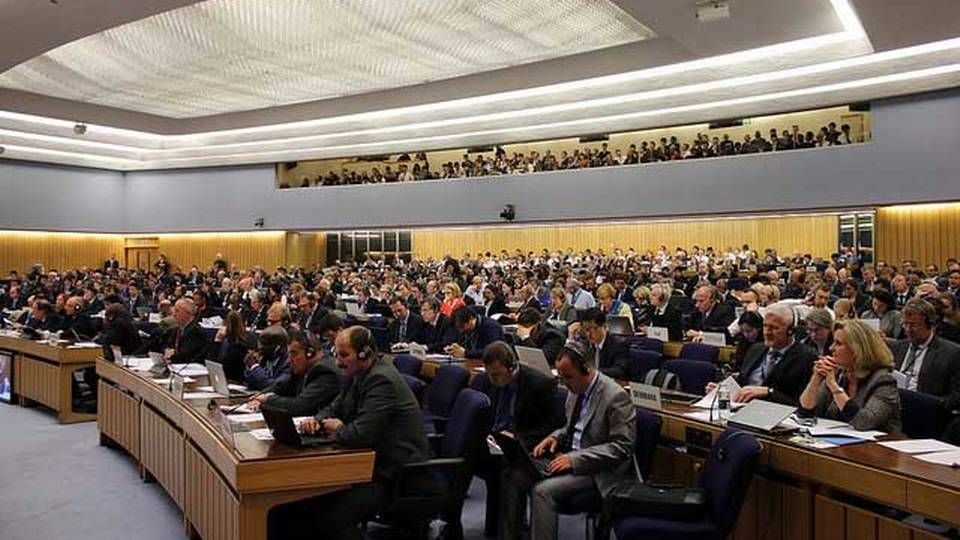
Nervousness about how the market for ballast water management systems will develop is increasing ahead of a decisive IMO meeting to be held in early July.
At the meeting of the IMO's Marine Environment Protection Committee (MEPC), the plan is to determine when shipowners must install ballast water management systems. And while there was a degree of uncertainty among suppliers earlier this year, this uncertainty has since then grown considerably, as there is now much to indicate that the implementation schedule could be pushed back two years. And this has made carriers hesitant to invest in the systems.
This development has been clearly felt at Norwegian supplier Optimarin, whose expectations for the market for sale of ballast water systems have been lowered in recent months.
CEO Tore Andersen expected earlier this year that Optimarin could more than double its revenue from last year of NOK 100 million (USD 11.8 million). These expectations have now been changed - due to factors such as the proposed schedule change to be discussed at the IMO.
"We will not experience the success we were hoping for this year. We've received many inquiries, but more and more carriers are postponing installation of the systems. But we'll survive and will most likely make money, though much less than we'd hoped for. It's not looking bad, but things are moving too slowly," says Andersen, adding that Optimarin has received around 30 orders in 2017.
Hoping and praying
The company feels fairly well-equipped for the future, as it is one of only four companies globally to have its ballast water management system approved by the US Coast Guard.
This approval is vital, as ships calling in the US must carry systems cleared according to US regulations.
"I still hope and pray that the IMO will not delay implementation, as it would hurt the industry a lot, and the worst case scenario is that some of competitors would have to fold. Companies which have at this point only sold a few systems," Andersen tells ShippingWatch.
If the IMO postpones the implementation schedule, the move would delay the order boom in the market which Andersen, in previous comments to ShippingWatch, projected would emerge in 2018.
Fight for billion-dollar ballast water market is underway
Optimarin's peers in Denmark also look set to be hit hard by a postponement, explains Jenny Braat, director of industry association Danske Maritime.
"There are some proposals for adjustments expected at the upcoming MEPC meeting, with one proposal in effect corresponding to a two-year postponement for installation of ballast water management systems. Other proposals are less far-reaching, but there's no doubt on our part that the IMO should maintain an implementation date of Sept. 8 as planned," she tells ShippingWatch:
"Some of our members have invested significant funds in this. They're downright bleeding, because shipowners have been hesitant to invest. Unfortunately I think a postponement could be a realistic outcome, but if the IMO wants to maintain its credibility, it needs to stick with the convention as agreed upon," says Braat.
Still in a low gear
Rasmus Folsø, CEO of Desmi Ocean Guard, recognizes this hesitance to invest.
"There's a somewhat fair activity in the market, but shipowners are still quite hesitant in terms of stepping up and investing. As most of them, among other reasons, are waiting for the MEPC meeting," he tells ShippingWatch.
But Folsø does not see the MEPC decision as a matter of life or death for Desmi Ocean Guard.
"In our case we can adjust according to the situation. We can wait a year or two for a boom without it being a major problem for us," he says:
"It's not the case that the situation becomes worse than it is today if the implementation is postponed. If one is geared to function at the current market level, one will just have to wait a bit longer to gear up. Of course some competitors have already geared up, and they would of course be challenged by a decision to postpone."
English Edit: Daniel Logan Berg-Munch
New ballast water system supplier cleared in the US
Related articles
New ballast water system supplier cleared in the US
For subscribers
Singapore ratifies IMO ballast water convention
For subscribers
New Bimco president sets sights on three areas
For subscribers

